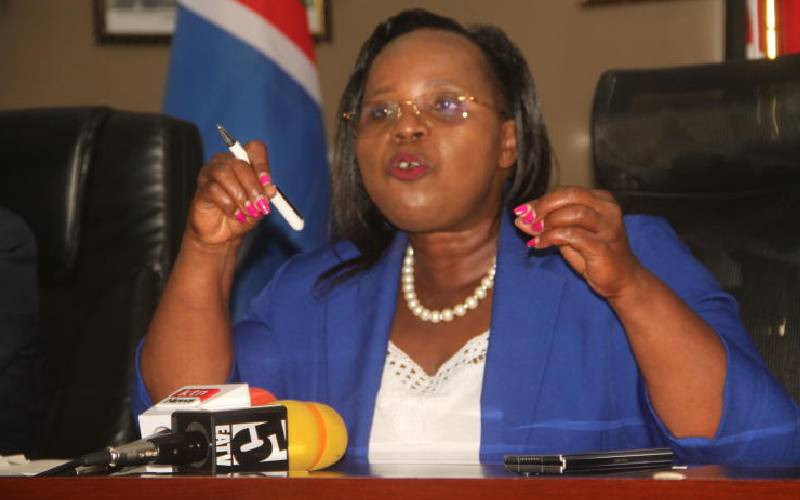×
The Standard e-Paper
Join Thousands Daily

The East Africa Community(EAC) has achieved several milestones since the treaty to establish it was signed twenty-four years ago.
This is according to EAC Cabinet Secretary Peninah Malonza while highlighting some of the achievements yesterday with the most significant being increasing membership from the original three to seven.